You might ask yourself, "Should I be on a gluten-free diet?" But what exactly is it? Should you avoid it in the first place? Should you be on a gluten-free diet? And finally, is a gluten-free diet healthy?
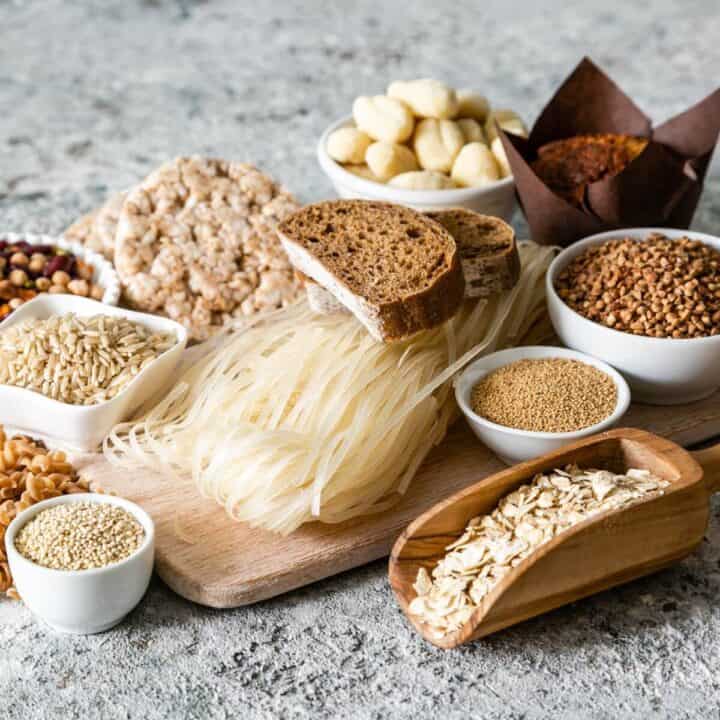
Table of Contents
🍞 GLUTEN!!! It's Almost A Scary Word These Days!
You might hear many people talk about avoiding gluten as a trendy fad, but what is gluten?
Why should certain individuals absolutely avoid eating gluten? Let's discuss this topic more in depth.
⁉️ What Is Gluten?
Gluten is a type of protein found in many grains, like wheat, rye, and barley. It's responsible for the sticky glue-like consistency you get when flour is mixed with water.
It's commonly found in bread (and baked goods), pasta, cereals, beer, and other products made from these grains. And gluten-containing flours are also added to many processed foods.
Contrary to older belief systems, gluten is not an essential nutrient.
You can have a healthy, nutrient-rich diet without it. There are many foods available now that are "gluten-free."
Being gluten-free is popular, and many practitioners now recommend everyone avoid gluten.
But, as with most "diets," gluten-free is not guaranteed to be necessary or healthier (gluten-free cookies are still cookies!).
So should you go on a gluten-free diet? Is it just a fad? Is a gluten-free diet healthy?
Let's talk about who should avoid gluten. In addition, the signs and symptoms to look for to determine if you might be sensitive to it.
Then there are a few points to consider before jumping on the "gluten-free bandwagon."
😳 Who Should Avoid Gluten?
Some people will be sensitive to gluten and should avoid it altogether. If you have celiac disease, you should avoid all traces of it.
Celiac disease is a medical condition diagnosable with tests from your doctor. About 1% of adults have been diagnosed with celiac disease.
However, it's estimated that up to 80% of people who have it don't even know it yet. That would jump to 5% of adults with celiac disease.
Celiac disease is an autoimmune condition. After eating even a trace of gluten, the immune system attacks it as a foreign invader.
Subsequently, this will lead to inflammation and severe damage to the gut lining.
📥 GET THIS RECIPE IN YOUR INBOX 📥
Some digestive symptoms include bloating, diarrhea, and constipation.
In addition, other symptoms of celiac disease include headache, fatigue, and skin rashes.
Long term effects of eating gluten, if you have celiac disease, are serious, including:
- Nutrient deficiencies
- Osteoporosis
- Infertility
- Nerve damage
- Seizures
If you haven't followed my story, then you should know that I was diagnosed with celiac disease years ago. Read more about my story here.
🥪 Should You Be On A Gluten-Free Diet?
Apart from celiac disease, there are also people who have a wheat allergy or are sensitive to gluten. Your doctor can also diagnose wheat allergies.
"Non-celiac gluten sensitivity" occurs when people react to gluten, without celiac disease or wheat allergy.
It's estimated that up to 13% of people have non-celiac gluten sensitivity.
This is way more than 1-5% of those with celiac disease.
There are many common signs of gluten sensitivity. So, the problem is they're not specific. However, it will not necessarily occur immediately after eating it.
Symptoms are not always located in the gut.
🛑 Symptoms of Non-Celiac Gluten Sensitivity Include:
- Digestive issues (bloating, flatulence, diarrhea, and stomach pain).
- Skin issues (eczema and redness).
- Bone and joint pain.
- Fatigue and chronic tiredness.
- Other symptoms like headache and mood issues.
🧡 Before Going Gluten-Free, Remember These Tips
- If you suspect you should avoid gluten, consult your doctor first. The tests for celiac disease are more accurate if you're still eating gluten. In addition, you can also get tested for a wheat allergy or sensitivity.
- Some gluten-containing foods have nutrition that you're going to have to get elsewhere (not from those cookies, though). If you are craving cookies, try my gluten-free peanut butter chocolate chip cookies. You don't have to give up your favorite foods, simply swap for gluten-free versions. All the recipes on my website are GLUTEN-FREE.
- Folate/folic acid (vitamin B9). Many types of bread and cereals are fortified with this vitamin. To get it naturally, make sure you're eating plenty of leafy greens. In addition, if you're planning to get pregnant, talk to your healthcare professional about this critical nutrient.
- Dietary fiber. Whole wheat is a major source of this all-too-important and often forgotten nutrient. High-fiber gluten-free foods include brown rice, quinoa, flax seeds, chia seeds, beans/legumes, and fruits and veggies.
Importantly, remember, if you think you may be sensitive to gluten, talk with your doctor about getting tested for celiac disease, gluten sensitivity, and wheat allergy.
In short, if you're going gluten-free, choose nutrient-dense whole foods. Not gluten-free processed junk foods, to ensure you get all the nutrition you need.
For a delicious easy dinner option, try my recipe for healthy cajun chicken pasta, which is gluten-free.
🗣️ I Would Love to Hear Your Experiences if You Have Celiac Disease or a Gluten Intolerance!
I would love to hear if you have celiac disease or gluten intolerance.
So, let me know how these tips helped educate you on gluten. Let's discuss this topic in the comments below.
You can also connect with me @EatYourNutrition on Instagram. I love seeing your photos. #EatYourNutrition #LauraVillanueva


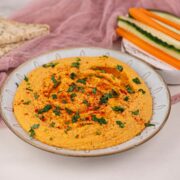
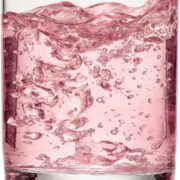
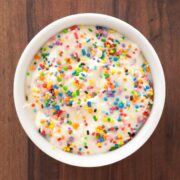

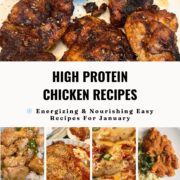
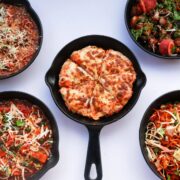

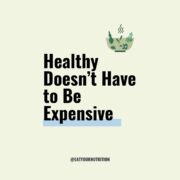




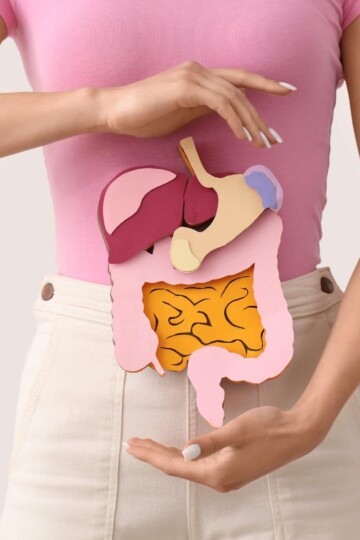
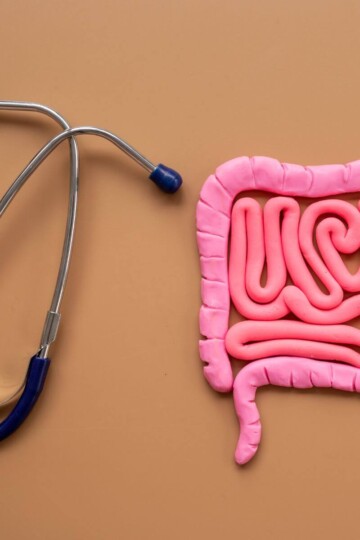

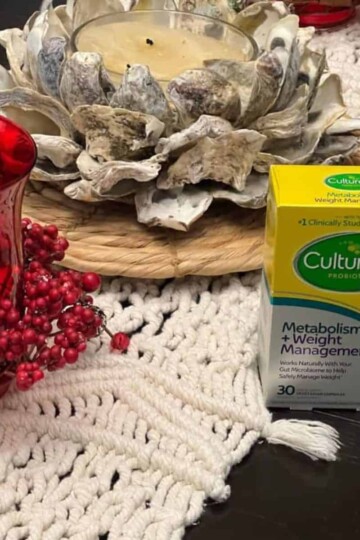
Comments
No Comments